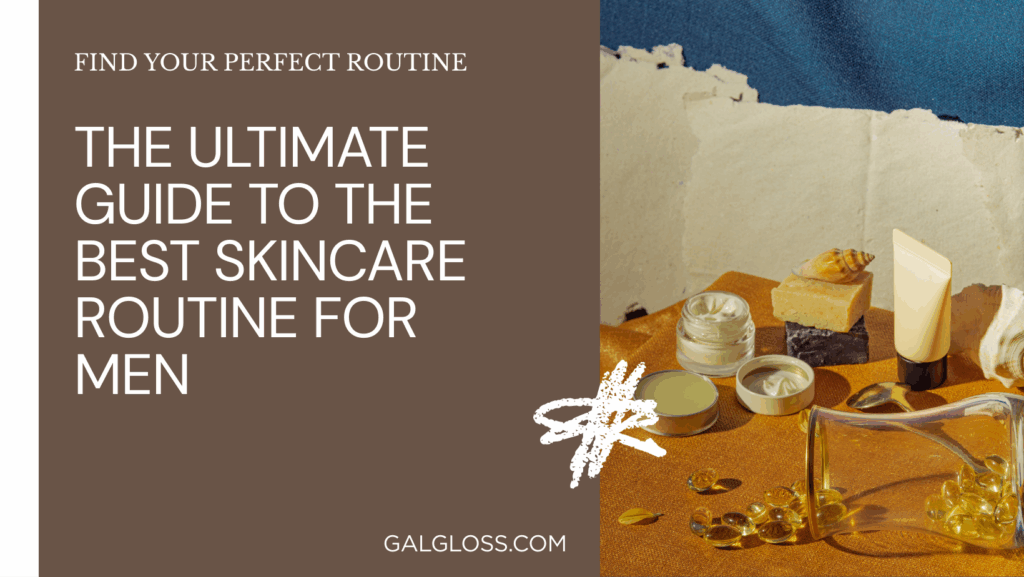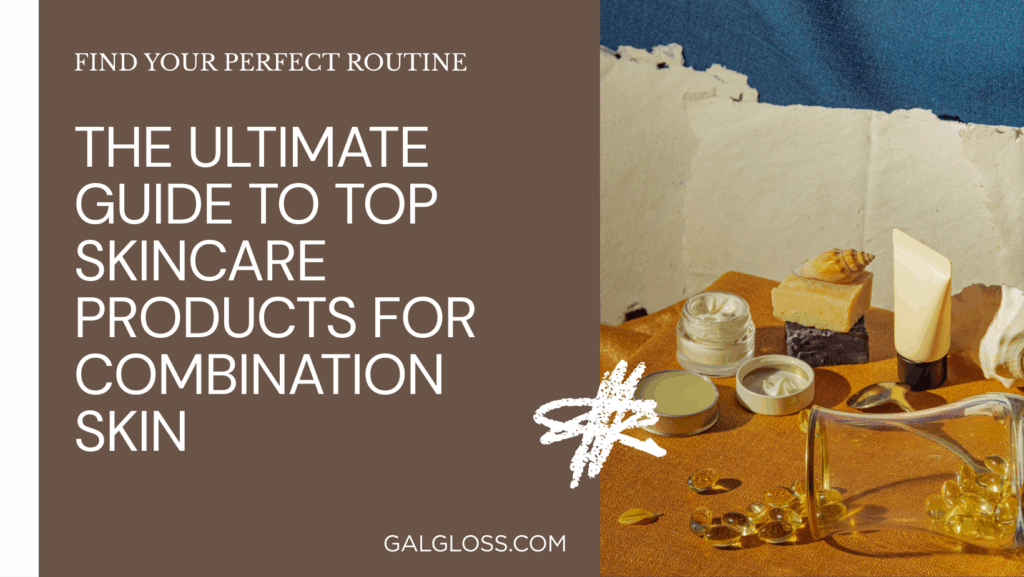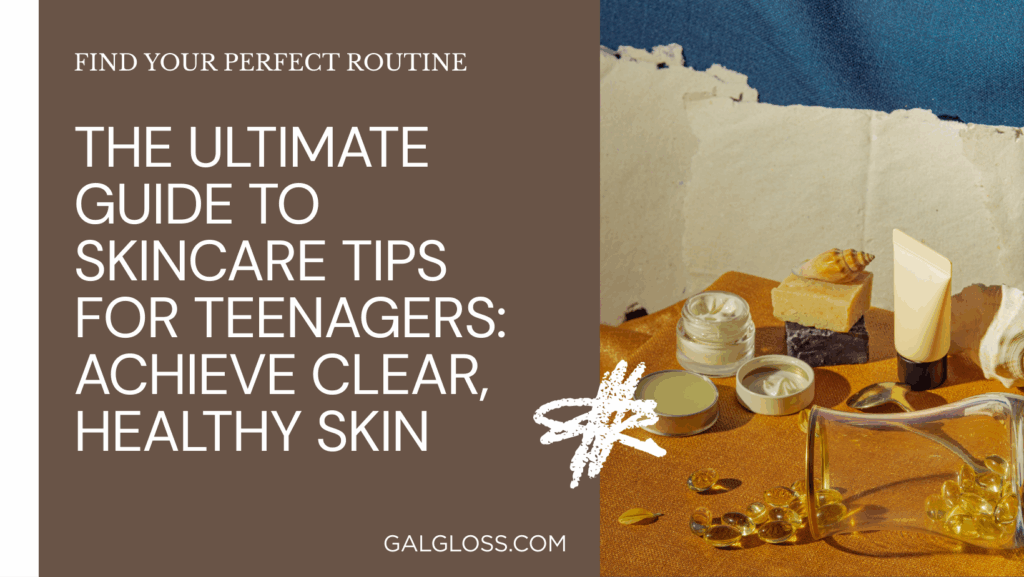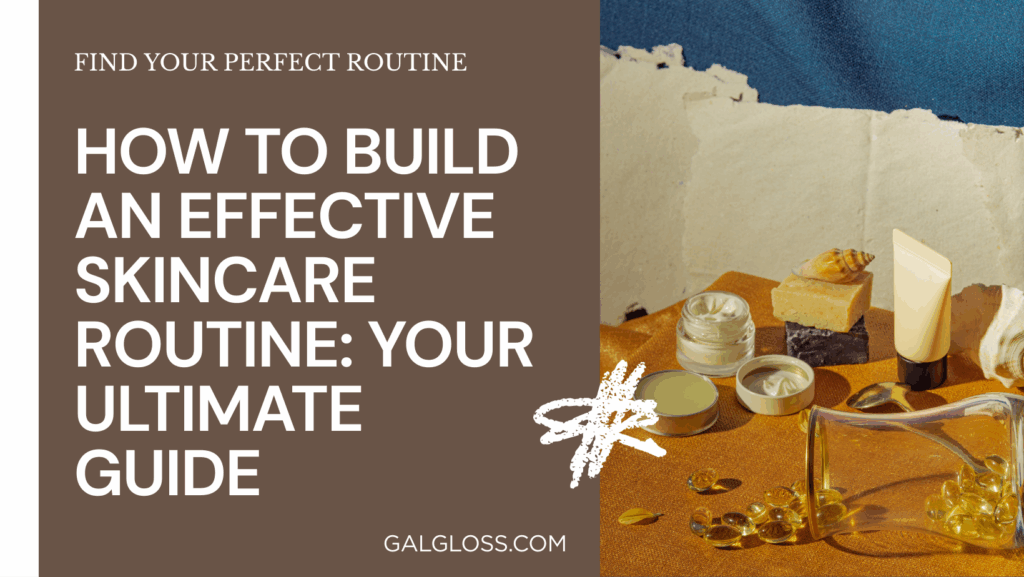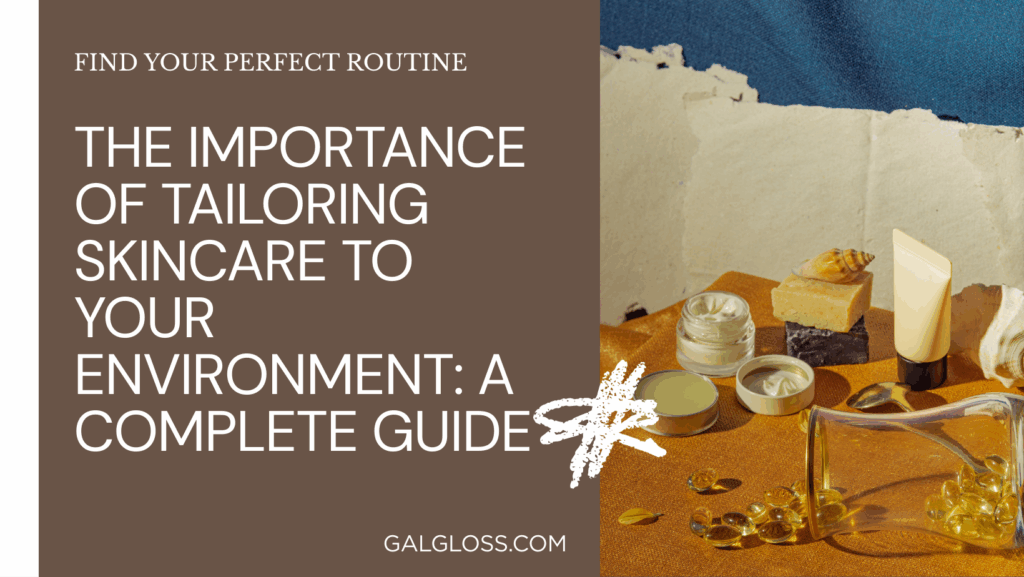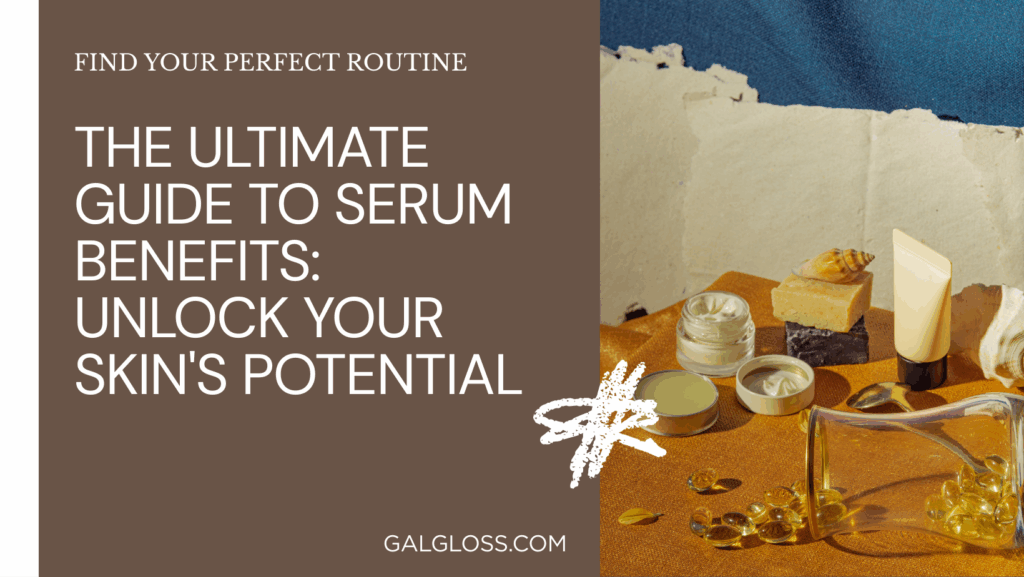Ever felt lost in the skincare aisle, staring at rows of tiny bottles promising miracles? You’re not alone. Choosing the right face serum can feel like solving a Rubik’s cube blindfolded. But don’t worry – I’m here to help you crack the code!
What’s the Big Deal About Face Serums?
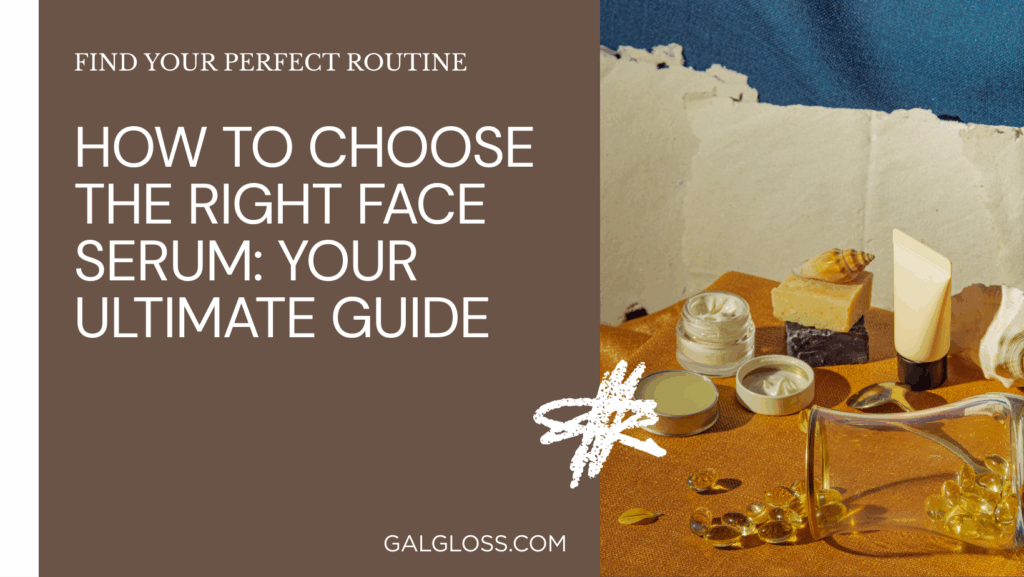
Think of face serums as the special forces of your skincare routine. They’re concentrated, potent formulas packed with active ingredients that target specific skin concerns. Unlike your everyday moisturizer, serums are designed to deliver a powerful punch of nutrients deep into your skin.
But here’s the catch – not all serums are created equal. Using the wrong one can leave you with disappointing results or even irritated skin. That’s why choosing the right serum is crucial for achieving that healthy, glowing complexion you’ve been dreaming of.
Understanding Your Skin Type: The Foundation of Great Skin
Before we dive into the world of serums, let’s talk about you – or more specifically, your skin. Understanding your skin type is like having a roadmap for your skincare journey. It’s the key to unlocking which ingredients will work wonders and which ones to avoid.
Here’s a quick rundown:
- Dry skin: Feels tight, maybe flaky. Thirsts for hydration like a cactus in the desert.
- Oily skin: Looks shiny, prone to breakouts. Produces more oil than an Italian restaurant.
- Combination skin: The Gemini of skin types. Oily in some areas (usually the T-zone), dry in others.
- Sensitive skin: Easily irritated, might get red or itchy. Treats new products like a cat treats water.
Not sure which camp you fall into? Try this: Wash your face with a gentle cleanser, pat dry, and wait an hour. How does your skin feel? Tight and uncomfortable? You’re probably dry. Shiny and slick? Hello, oily skin! A bit of both? Welcome to the combination club.
Common Skin Concerns and Their Superhero Ingredients
Now that you’ve got your skin type sorted, let’s match common skin concerns with ingredients that can save the day:
- Anti-aging:
- Retinol: The gold standard for fighting wrinkles and boosting collagen.
- Peptides: Small but mighty protein fragments that firm and plump.
- Vitamin C: A brightening antioxidant that fights free radicals.
- Hydration:
- Hyaluronic Acid: Holds 1000x its weight in water. It’s like a drink for your skin!
- Glycerin: A humectant that attracts moisture to your skin.
- Acne:
- Salicylic Acid: Unclogs pores and exfoliates.
- Niacinamide: Regulates oil production and soothes inflammation.
- Brightening:
- Vitamin C: Fades dark spots and evens skin tone.
- Kojic Acid: A natural skin lightener derived from mushrooms.
- Sensitive Skin:
- Aloe Vera: Soothes and calms irritated skin.
- Chamomile: Anti-inflammatory properties to reduce redness.
The Art of Choosing: Key Factors to Consider
Choosing a serum isn’t just about grabbing the first bottle that promises to solve all your skin woes. Here’s what to look out for:
- Active Ingredients: Check the ingredient list. The good stuff should be near the top.
- Concentration: Higher isn’t always better. Start low and work your way up to avoid irritation.
- Texture: Oily skin? Go for lightweight, water-based serums. Dry skin can handle richer formulas.
- Packaging: Dark glass bottles or opaque airless pumps protect sensitive ingredients from light and air.
- Brand Reputation: Do your homework. Read reviews, but take them with a grain of salt.
Decoding the Label: Become a Skincare Detective
Ever feel like you need a chemistry degree to understand skincare labels? Let’s break it down:
- Ingredients are listed in order of concentration. The first few are the star players.
- Watch out for potential irritants like alcohol and fragrance, especially if you have sensitive skin.
- Don’t be fooled by marketing buzzwords. “Natural” doesn’t always mean better or safer.
- Look for evidence-backed claims. If it sounds too good to be true, it probably is.
Incorporating Serum into Your Skincare Routine: Timing is Everything
You’ve got your serum. Now what? Here’s how to use it like a pro:
- When to Apply: After cleansing and toning, but before moisturizer.
- How to Apply:
- Less is more. A pea-sized amount is usually enough.
- Gently pat or press into skin. No need to rub vigorously.
- Frequency: Start with once a day, preferably at night. Gradually increase if needed.
- Layering: Wait about 30 seconds between products to let each one absorb.
Remember: Skincare is a marathon, not a sprint. Give your serum at least 4-6 weeks to show results.
Common Mistakes to Avoid: Don’t Sabotage Your Skincare
Even skincare enthusiasts make mistakes. Here are some pitfalls to watch out for:
- Overloading: Using too many active ingredients can irritate your skin. Keep it simple.
- Mixing Incompatible Ingredients: Some ingredients don’t play well together. For example, don’t use retinol and vitamin C at the same time.
- Ignoring Sun Protection: Many serums make your skin more sensitive to the sun. Always follow up with SPF during the day.
- Expecting Overnight Miracles: Good things come to those who wait (and consistently apply their serum).
Top Face Serums for Different Skin Types
Here’s a quick roundup of some fan favorites:
- For Dry Skin: Look for serums with hyaluronic acid, ceramides, or squalane.
- For Oily/Acne-Prone Skin: Try niacinamide or salicylic acid serums.
- For Sensitive Skin: Opt for gentle, fragrance-free formulas with soothing ingredients like centella asiatica.
- For Anti-Aging: Retinol serums are your best bet, but start slow to avoid irritation.
Remember, what works for others might not work for you. It’s all about finding your perfect match through trial and error.
DIY Face Serum Recipes: For the Adventurous Skincare Enthusiast
Feeling crafty? Here’s a simple DIY serum recipe to try:
Hydrating Rosehip Oil Serum
- 1 oz rosehip oil (rich in vitamin C and fatty acids)
- 2-3 drops lavender essential oil (optional, for fragrance and soothing properties)
- 2-3 drops frankincense essential oil (optional, for anti-aging benefits)
Mix ingredients in a dark glass bottle. Apply a few drops to clean, damp skin.
Pros of DIY serums:
- You control the ingredients
- Can be more cost-effective
- Fun to experiment
Cons:
- Shelf life may be shorter
- Harder to get the concentration right
- May not be as potent as professionally formulated products
The Science Behind Serums: Why They Work
Let’s geek out for a moment. Serums are effective because:
- Small Molecule Size: The ingredients in serums are often smaller, allowing them to penetrate deeper into the skin.
- High Concentration: Serums typically contain a higher percentage of active ingredients compared to other skincare products.
- Targeted Formulation: Each serum is designed to address specific skin concerns, making them more effective for particular issues.
Serum vs. Moisturizer: What’s the Difference?
Think of serum as the espresso shot of skincare – concentrated and powerful. Moisturizers are more like a latte – they hydrate and seal everything in. You don’t have to choose between them; they work best as a team.
The Future of Face Serums: What’s Next?
The skincare world is always evolving. Keep an eye out for:
- Personalized Serums: Custom-blended formulas based on your unique skin needs.
- Sustainable Packaging: More brands are moving towards eco-friendly options.
- Advanced Delivery Systems: New technologies to help ingredients penetrate even deeper into the skin.
Conclusion: Your Skin, Your Rules
Choosing the right face serum doesn’t have to be rocket science. Remember these key points:
- Know your skin type and concerns.
- Look for ingredients that target your specific issues.
- Start with one serum and introduce it slowly into your routine.
- Be patient and consistent – good skin takes time.
- Don’t be afraid to experiment, but listen to your skin.
At the end of the day, the best serum is the one that works for you. It might take some trial and error, but trust me, when you find “the one,” your skin will thank you. So go forth, armed with this knowledge, and conquer that skincare aisle like the savvy shopper you are!
Remember, great skin isn’t just about what you put on it – it’s also about what you put in your body, how much you sleep, and how you manage stress. A face serum is a powerful tool, but it’s just one piece of the puzzle.
Now, go give your skin some love. It’s the only skin you’ve got, after all!
